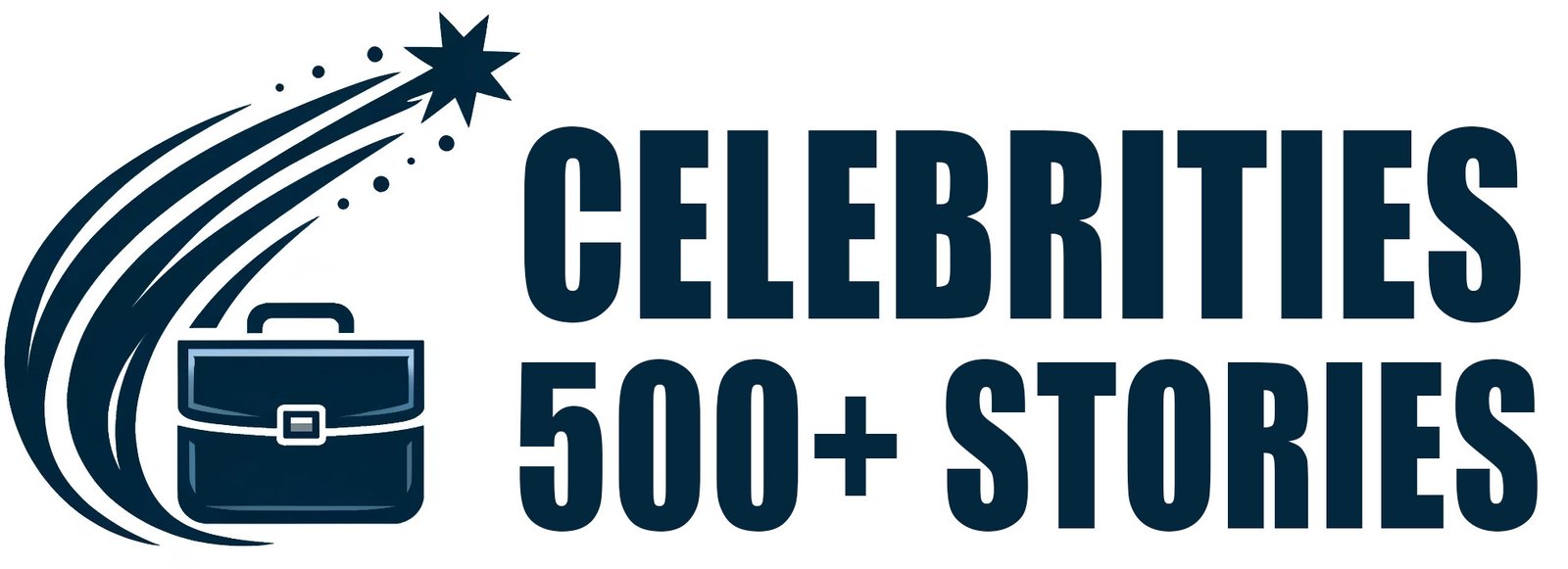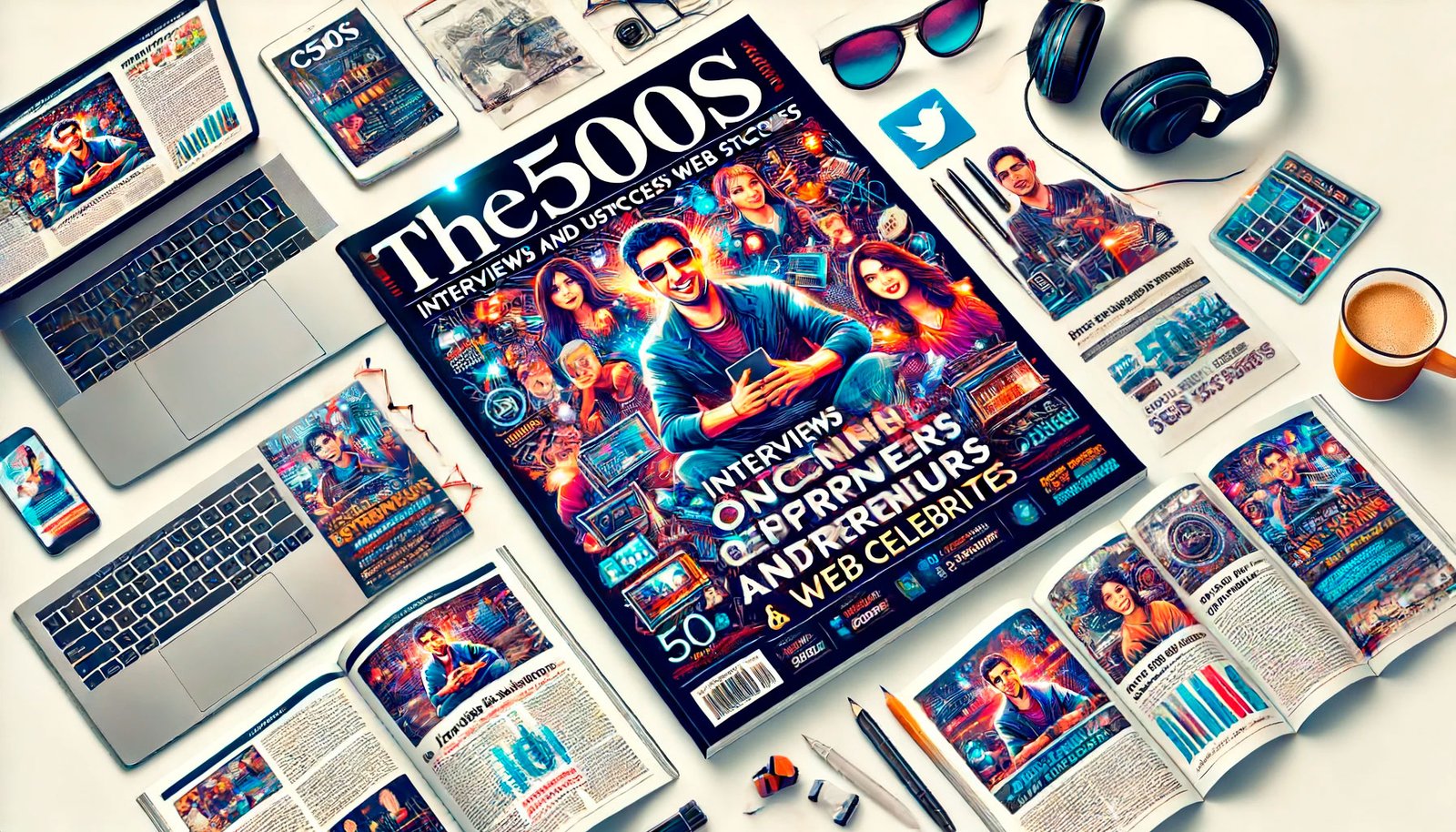Media Reputation: Fundamentals, Importance, and Strategies
If you’re not familiar with media reputation, in this article we explain how it can help you succeed in your field

I would like to propose the publication of my story as a successful online entrepreneur on 500+ Stories to enhance my media reputation
Everything You Need to Know About Media Reputation
The Media Reputation aspect plays a crucial role in determining how the public perceives the subject in question. Information disseminated by the media can have a decisive impact on public opinion, influencing the social agenda and making certain topics priorities.
In an interconnected world where mass media (both online and offline) are the primary sources of information, media reputation has become a critical factor. Understanding how it is perceived and analyzing it thoroughly are essential steps to ensure the success and sustainability of a brand or idea.
Media reputation is an essential component for the success and credibility of a company or concept. It is not just about being visible but about being perceived in the right way. Understanding core principles, using advanced analytical tools, and adopting thoughtful human and cultural strategies are indispensable steps to build a positive and lasting image.
In an increasingly competitive media landscape, investing in media reputation is not just a strategic choice but a necessity to stand out, gain public trust, and achieve long-term goals.
Fundamental Principles of Media Reputation
Media Visibility and Public Notoriety
Media visibility and reputation are closely tied to the amount of information available on a given subject. The more a brand appears in the media, the greater its public notoriety. However, this presence must be managed strategically. Being visible is not enough: the quality of the content distributed is just as important as its quantity.
Key Aspects:
- Volume of Information: Represents how frequently the brand appears in the media.
- Communication Channels: The media used influence both the type of audience reached and the perception generated.
- Duration of Attention: The persistence of information over time contributes to solidifying a public image.
Media Attributes and Public Attributes to Improve or Build Your Media Reputation
The media does not simply disseminate information, but actively shapes public perceptions. Through the messages they convey, the media can assign specific values or characteristics to a brand.
Determining Elements:
- Transmitted Image: How a company is represented directly affects public opinion.
- Message Interpretation: The way the message is received varies depending on cultural, social, and geographic contexts.
- Role of the Media: Each communication channel has the power to amplify or diminish certain features of the message.
Assessing Media Reputation
Every piece of information disseminated by the media carries a specific tone, which can be positive, negative, or neutral. This aspect is critical to understanding the impact the message will have on public opinion.
Tone Analysis:
- Positive Tone: Strengthens the brand’s image and builds trust.
- Negative Tone: Can trigger a reputational crisis and requires swift intervention.
- Neutral Tone: Represents an opportunity to improve narrative and positioning.
Tools for Measuring Media Reputation
To analyze media reputation, it is essential to have tools that allow for the collection and evaluation of both quantitative and qualitative data. Beyond measuring the number of impacts, it is crucial to understand the economic and social reach of the disseminated information.
Useful Measurements for a Strong Media Reputation
- Number of Impacts: How many times the brand appears in the media.
- Audience Reached: Who receives the message and to what extent.
- Economic Evaluation: The value generated by media presence.
Modern tools offer the ability to create detailed reports that combine numerical data with qualitative analysis. These reports are essential to:
- Improve communication strategies.
- Evaluate the return on investment (ROI) of campaigns and events.
- Identify opportunities to strengthen reputation.
Strategic Factors in Building Media Reputation
Media reputation does not rely solely on the messages disseminated but also on a range of human and strategic factors that help shape it. The individuals associated with a brand or idea play a crucial role in shaping media reputation. Their personal lives and actions can significantly influence public perception.
Key Aspects to Consider in Media Reputation:
- Personal Behavior: Actions and statements that can trigger either positive or negative reactions.
- Adaptation to Contexts: How an individual presents themselves in different environments.
- Consistency: Alignment between personal image and the brand’s values.
- Cultural and Geographical Differences in Relation to Media Reputation
The perception of a media message varies depending on the cultural context. What is acceptable or appreciated in one culture might be perceived negatively in another.
Analysis of Differences:
West vs. East: Different approaches to representation and reception of messages. Both verbal and non-verbal language used in the media play a fundamental role in building media reputation.
- Local Values: The importance of adapting communication to align with the cultural values of the audience.
- Cultural Sensitivity: Being aware of differences to avoid misunderstandings.
Our Team Behind the Creation of Your Media Reputation
Behind every successful media image stands a dedicated team working to create, maintain, and improve reputation. Supporting our efforts to build or enhance your media reputation are:
- Public Relations Professionals: Experts in managing relationships with the media.
- Communication Analysts: Specialists in interpreting media data.
- Image Consultants: Responsible for ensuring consistency between image and brand values.
- Professional Journalists.
- SEO Experts (content optimization for search engines).
How Interviews, Articles, and Press Releases Can Enhance Your Media Reputation?
Interviews, articles, and press releases are powerful tools to boost media reputation, as they provide strategic opportunities to deliver clear messages, build trust, and strengthen the public image of a brand or idea. Let’s analyze how each of these tools can contribute to improving media reputation.
Interviews
Interviews are valuable opportunities to establish direct contact with the public through the media. They allow you to express opinions, values, and perspectives in a personal way, increasing transparency and authenticity.
How do Interviews Improve Your Media Reputation?
- Humanizing the Brand: The audience connects more easily with a real person representing the company or idea. Interviews help showcase the human side of the brand.
- Message Clarity: They allow you to communicate values, goals, and responses to potential criticism directly, without intermediaries.
- Credibility: Participating in interviews with reputable journalists or media outlets enhances the perception of authority.
- Control of the Narrative: They provide an opportunity to address difficult questions or correct misconceptions, improving public image.
Strategies for Effective Interviews to Strengthen Media Reputation
- Prepare with clear key messages.
- Respond concisely and directly, avoiding ambiguity.
- Show empathy and understanding, adapting your tone to the audience.
- Use accessible language to ensure comprehension by a wide audience.
Articles
Articles in the media represent a more structured and in-depth form of communication. They can be published in newspapers, magazines, blogs, or online platforms, providing space to present stories, analyses, and insights.
How Do Articles Improve Media Reputation?
- Showcasing Thought Leadership: They allow you to share opinions, innovations, or achievements, positioning the brand as a thought leader in its sector.
- In-Depth Insights: Articles help explain complex concepts or new initiatives, offering the audience a detailed and well-informed perspective.
- Message Longevity: Articles remain accessible over time, ensuring ongoing visibility.
- SEO and Online Traffic: Publishing articles on digital platforms can improve online visibility, attracting more users to learn about the brand.
Our Strategy for Successful Articles
- We collaborate with authors and journalists who understand the relevant industry.
- We create informative and valuable content for the audience, avoiding excessive promotion.
- We use compelling headlines that capture attention.
- We provide concrete examples, data, and stories to support the message.
Press Releases
Press releases are a fundamental tool for announcing news, launching new products or services, and sharing significant updates. They offer a standardized format that facilitates the dissemination of information by the media.
How Do Press Releases Improve Media Reputation?
- Message Control: They are written directly by the company or organization, ensuring the information is accurate and consistent.
- Rapid Dissemination: Press releases can quickly reach a vast number of media outlets, increasing visibility.
- Building Trust: By announcing achievements, partnerships, or initiatives, press releases strengthen credibility and demonstrate transparency.
- Crisis Management: During challenging situations (competitor attacks, negative articles, legal issues), a well-written press release can help manage information and minimize reputational damage.
Strategies for Effective Press Releases
- Write clear, direct headlines that capture journalists’ interest.
- Keep the release brief, focusing on the key facts.
- Include quotes from key company figures to add authority.
- Provide contacts and additional resources for further information.
For maximum impact, integrate interviews, articles, and press releases into a cohesive, well-planned strategy
Essential Steps to Create or Improve Your Media Reputation
- Identify Objectives: Determine whether you aim to increase visibility, correct a negative image, or strengthen trust.
- Select Appropriate Channels: Choose media and platforms that effectively reach your target audience.
- Synchronize Messages: Ensure that the information shared remains consistent across all formats.
- Monitor Results: Use analytical tools to measure the impact of the actions taken.
- Adapt Strategies: Rely on collected data to continually improve the effectiveness of future communications.
- Expand Media Exposure: To create and enhance your media reputation, it is essential to maximize exposure. C500s can help you establish a constant media presence at affordable prices.

